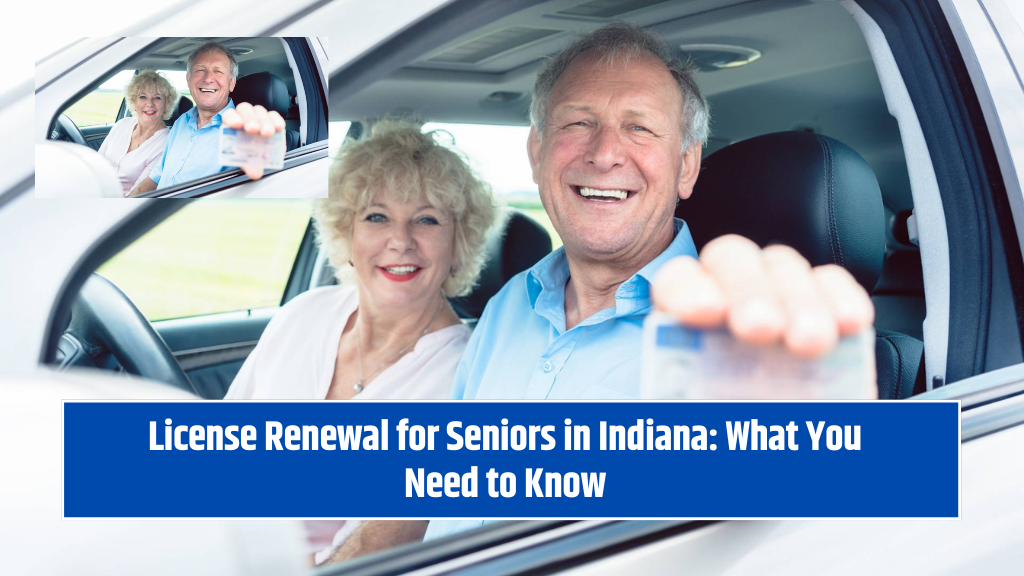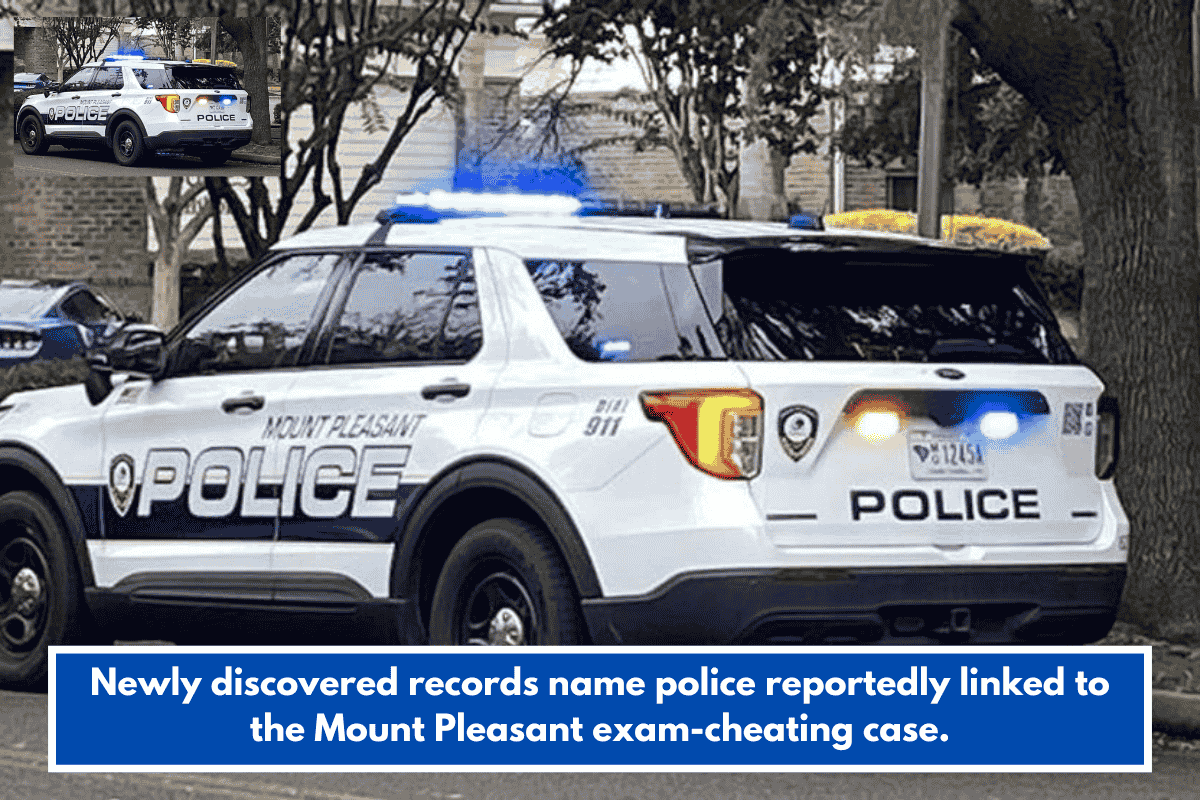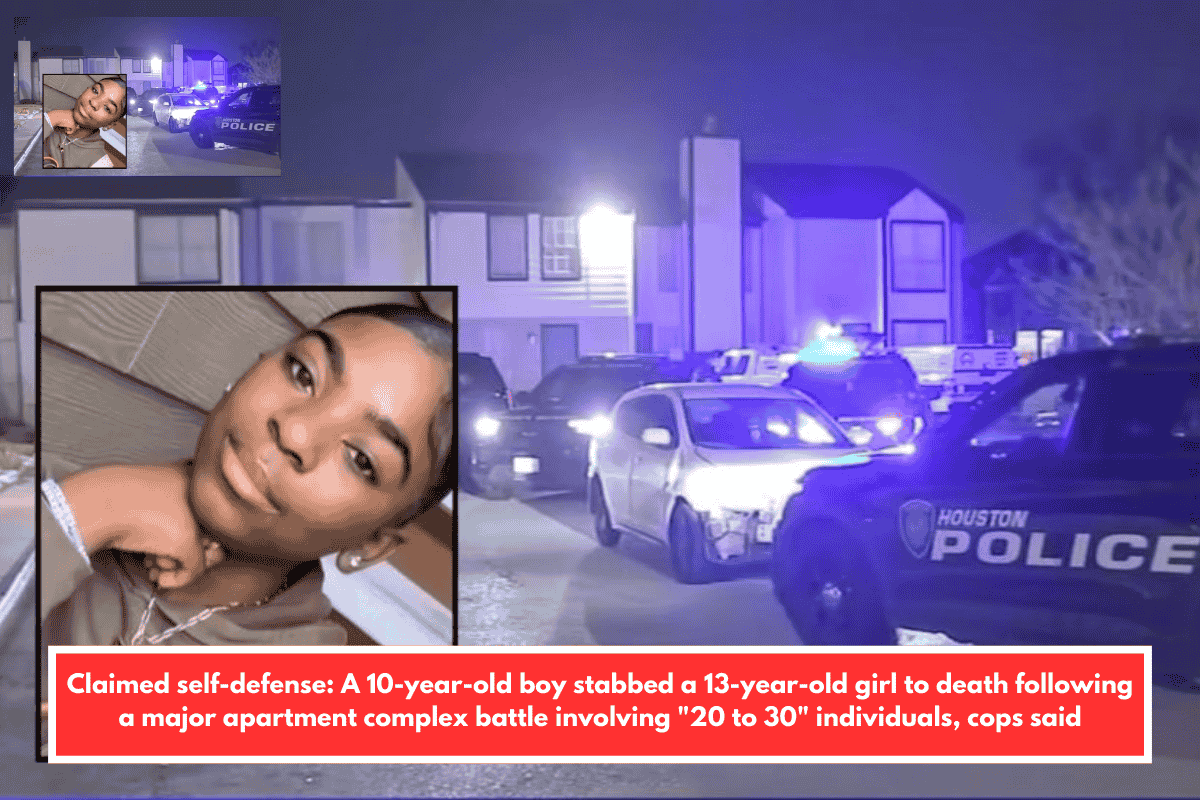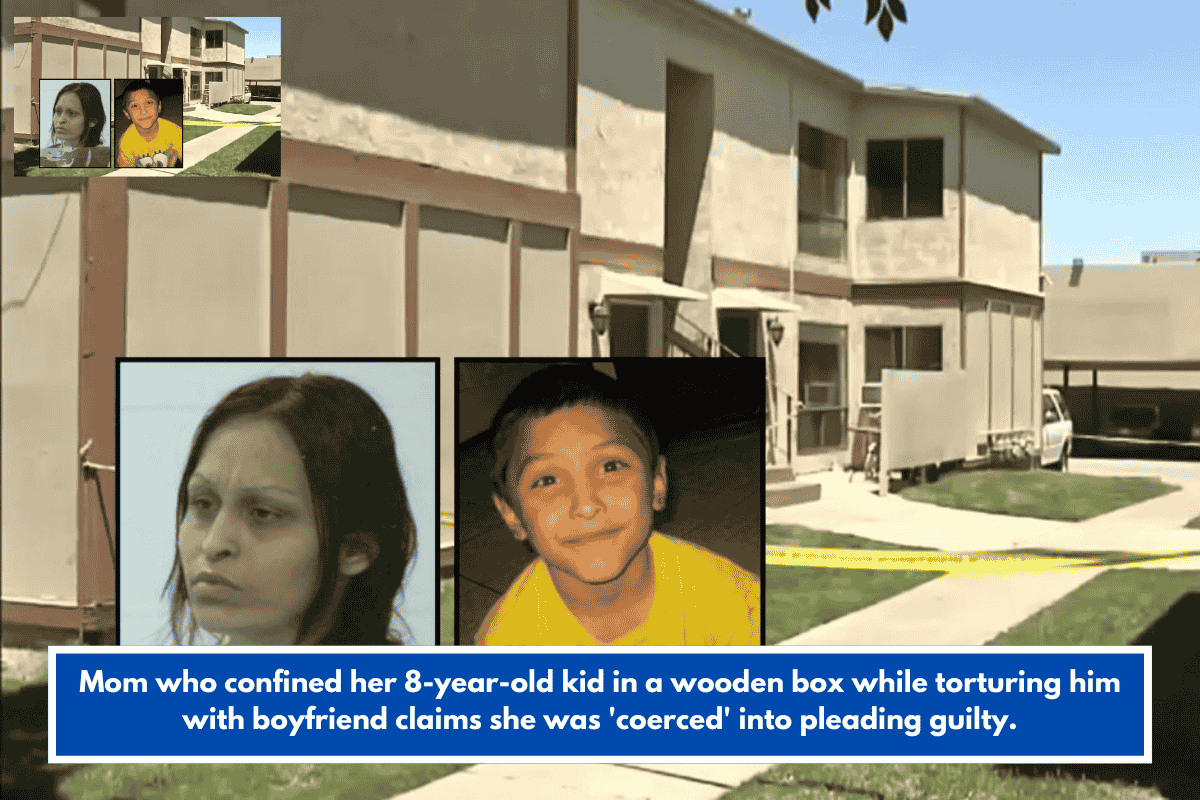Driving is a big part of staying independent, especially for older adults. In Indiana, the Bureau of Motor Vehicles (BMV) has made special rules to keep both senior drivers and the roads safe. While many rules are the same for all drivers, some extra steps are added for drivers over a certain age. These rules focus mainly on checking driving abilities and vision to make sure that older adults can still drive safely.
Here’s a simple guide to help you understand these special rules and services for older drivers in Indiana.
License Renewal Rules for Older Drivers
As drivers get older, the rules for renewing their license change. In Indiana:
- If you are 75 to 84 years old, you must renew your license in person every 3 years.
- If you are 85 or older, you must renew it in person every 2 years.
- Anyone under 75 can renew their license online every 6 years.
This in-person renewal helps the BMV check if older drivers are still safe to be on the road.
Vision Tests Are a Must
All drivers aged 75 and above must take a vision test every time they renew their license. Good eyesight is very important for safe driving. If your license has expired for more than 6 months, you may also have to take a written test.
A road test may be required if someone has complained about your driving or if the BMV is concerned about your vision or health condition.
Possible Driving Restrictions for Older Drivers
Sometimes, the BMV might add restrictions to a senior driver’s license to make driving safer. These restrictions are decided after checking your driving test results and talking to you about your needs. Common restrictions include:
- Wearing glasses or contact lenses while driving
- Only driving during the day
- Using cars with automatic transmission or power steering
- No driving during busy hours like morning or evening traffic
- Not using vehicles with air brakes
- Using extra mirrors or supports to help with safe driving
These rules are there to help, not to punish. They make sure drivers stay safe on the road.
Reporting an Unsafe Driver in Indiana
If you’re worried about someone’s driving, you can report it to the BMV. Anyone—family, friends, or even a neighbor—can send a letter to the BMV asking them to check the driver’s ability.
Your name will stay private. The letter should include:
- The name of the driver you’re worried about
- Specific reasons for your concern
- Any other supporting documents or information
Send your letter to:
Indiana Bureau of Motor Vehicles
100 N. Senate Avenue, Room N-402
Indianapolis, IN 46204
Getting a Suspended License Back
If your driver’s license is suspended or taken away, you can check the “Reinstating Your Driving Privileges” section on the BMV website. It explains the steps to get your license back.
Parking Permits and Plates for Disabled Drivers
If a person has a disability and finds it hard to walk, they may be eligible for a disabled parking placard or plate. A doctor or medical professional must confirm the condition.
You may qualify if you:
- Use a wheelchair, walker, crutches, or braces
- Have lost the use of one or both legs
- Have trouble moving due to heart, lung, bone, nerve, or eye problems
- Are permanently blind or visually impaired
To apply:
- Fill out the Application for Disability Parking Placard or Plate (available on the BMV’s “Drivers With Disabilities” page).
- Have a licensed medical professional complete the medical part of the form.
- Include the necessary fees:
- $5 for a temporary placard
- Free for a permanent placard
- $9.50 for a new disabled plate
- Mail everything to your nearest BMV office.
Learn More or Get Legal Help
For more details on senior driving rules, visit the Indiana BMV website. If you need legal help after a traffic incident, websites like Lawyers.com or Avvo.com can help you find experienced lawyers.Conclusion
Indiana takes extra care when it comes to older drivers. These rules help make sure senior citizens can still drive safely while protecting everyone on the road. Whether it’s regular vision checks, in-person renewals, or special license restrictions, everything is designed with safety in mind. Families and friends also play a role by watching out for signs of unsafe driving and reporting them if needed. If you or a loved one needs a parking permit due to a disability, the BMV makes that process simple with clear steps. Staying informed and following these guidelines helps everyone drive safely, no matter their age.














